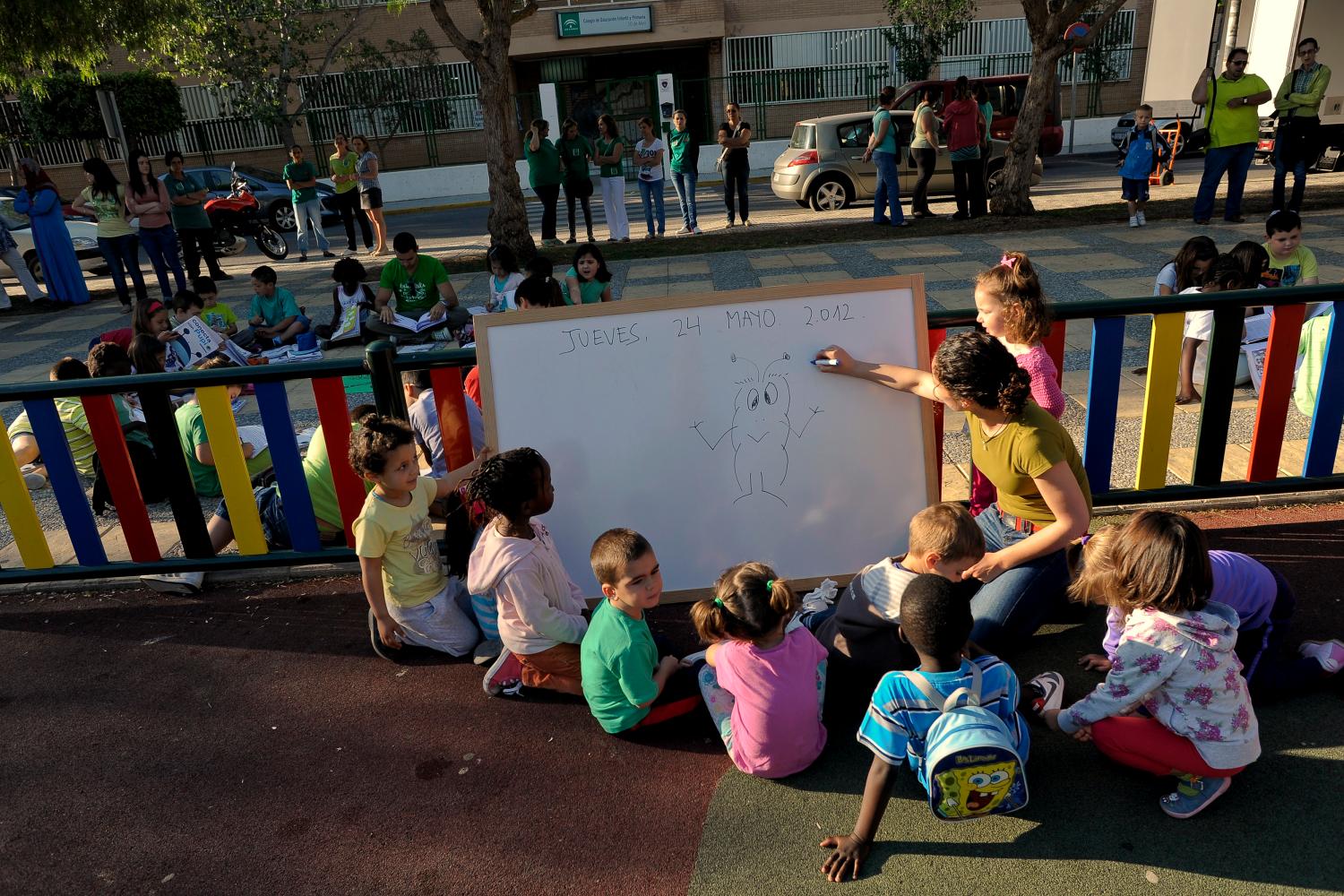INTRODUCTION
Education plays a significant role in development and the dividends that result from investments in education are immeasurable. Quality education generates greater economic growth, creates a lasting impact on public health, and leads to safer more stable societies. Over the past two decades, major progress has been made in providing education to millions worldwide. Numerous global initiatives, significant increases in donor funding, and collaboration between developed and developing nations have allowed children everywhere to enter school for the first time and stay in school throughout their childhood and adolescence.
However, more needs to be done. Progress has been uneven and millions of children and youth still do not have access to good quality education. In addition, economic and gender-based disparities still prevent children from attending school and many who are in school are not actually learning the crucial skills they need for work and life. Getting into school is just a first step. It is time to refocus the global education agenda on learning through increasing access to good quality education for all.
Accordingly, the Center for Universal Education at Brookings is proposing a new agenda to reinvigorate international efforts on education and to build on the previous success of getting more children in school. This agenda, referred to as the Global Compact on Learning, is a common set of concrete steps that, if taken, will help developing countries achieve a vision of learning for all.
The Brookings Institution is committed to quality, independence, and impact.
We are supported by a diverse array of funders. In line with our values and policies, each Brookings publication represents the sole views of its author(s).


